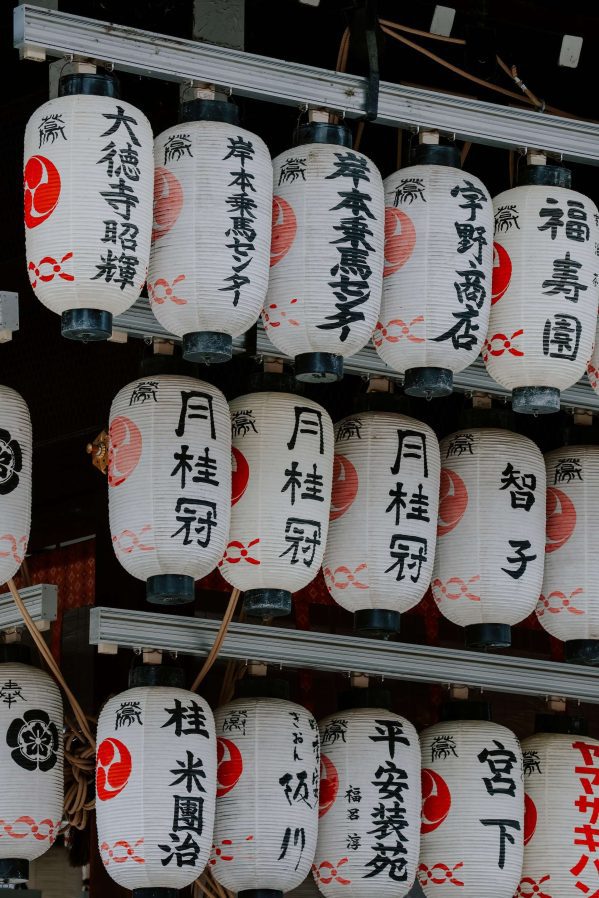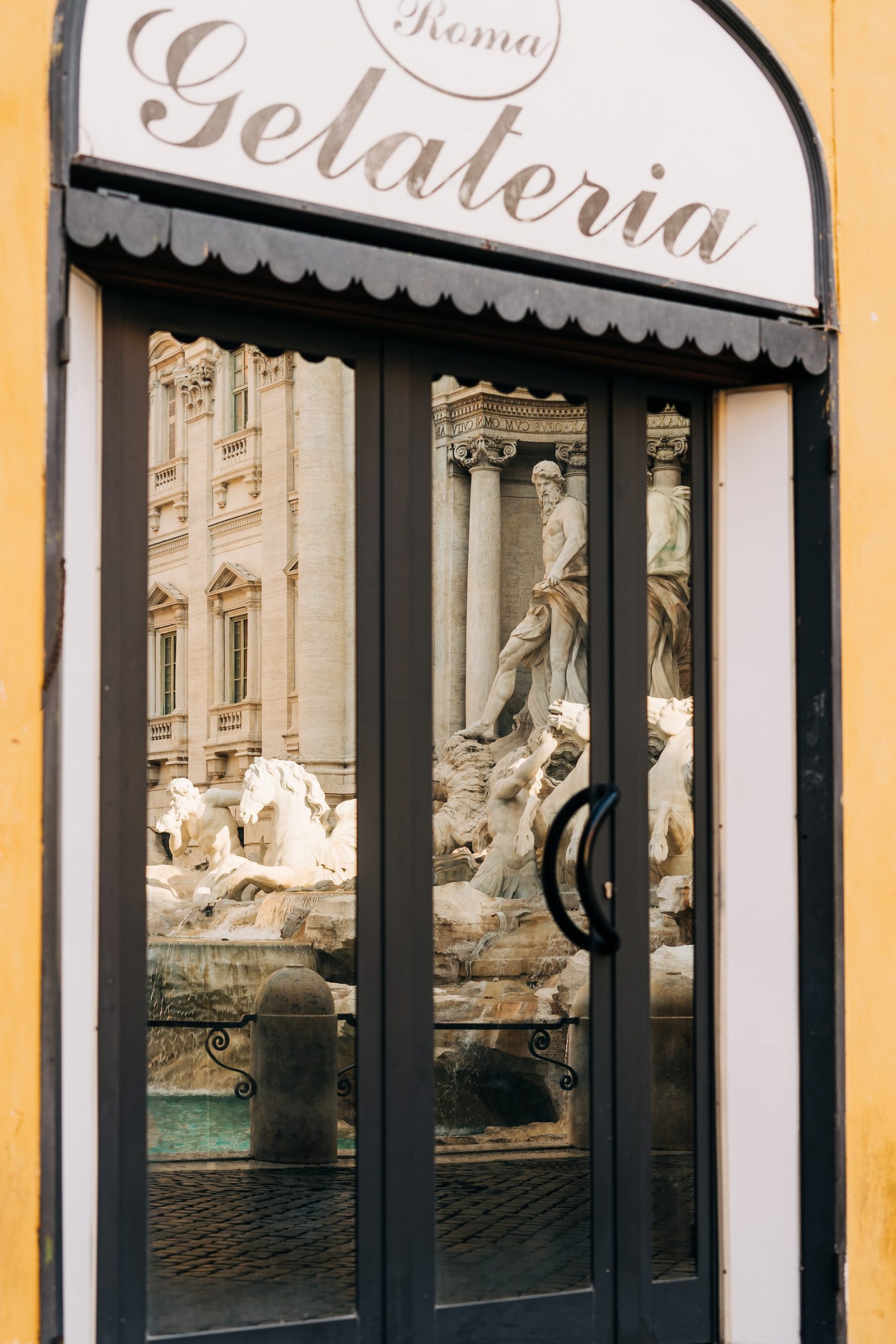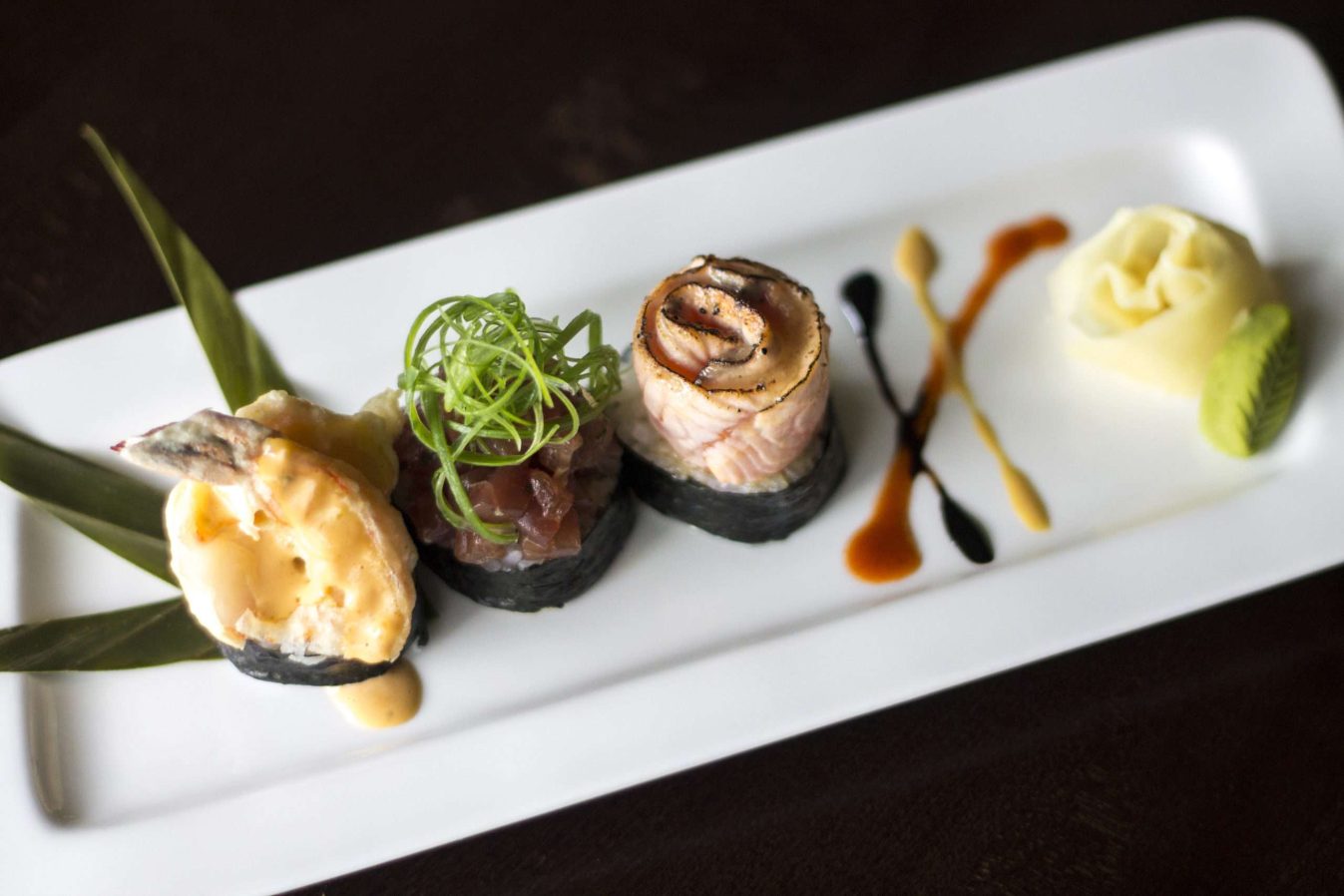25 beautiful Japanese words to inspire you
Here is a list of 25 beautiful Japanese words with descriptions, explanations of their beauty, and example sentences to get you inspired!
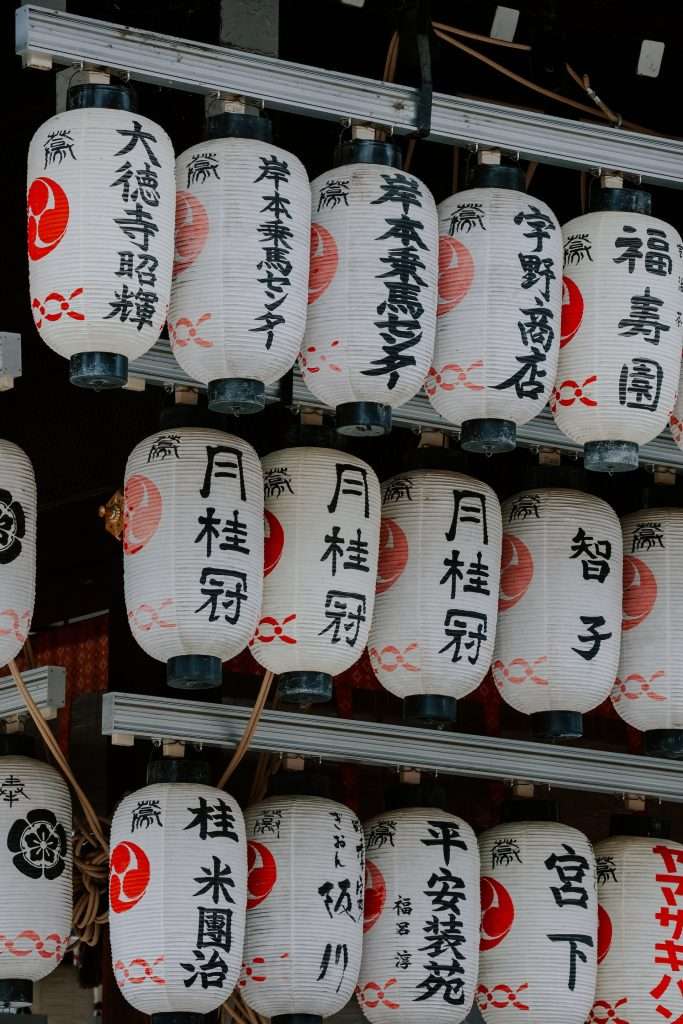
25 beautiful Japanese words to inspire you
Beautiful Japanese Words & beautiful Japanese phrases To know& beautiful in japanese words
1. 美しい (Utsukushii) – Beautiful
This is a fundamental term for beauty in Japanese. It’s a beautiful Japanese word that expresses the phrase beautiful in Japanese. It’s a simple yet profound way to express something visually appealing. beautiful in japanese words
.Example: The delicate petals of the cherry blossoms in spring are absolutely beautiful. The way they sway in the breeze creates a sense of tranquility that is truly captivating.
Why it’s a beautiful Japanese word: The word “美しい” encapsulates the concept of beauty in its purest form, highlighting the aesthetic qualities that evoke feelings of awe and admiration.
READY TO BOOK YOUR TRIP?
Best Travel Resources to plan your trip
more helpful travel resources
*This site contains product affiliate links, and I may get a commission, which costs you nothing extra. Thanks for your support
Sentence: この海の景色は本当に美しいですね。 (Kono umi no keshiki wa hontō ni utsukushii desu ne.) – This seascape is truly beautiful, isn’t it?
2. 風雅 (Fūga) – Elegance
This term represents the grace, sophistication, and refinement in artistic expression and cultural aspects.
Example: The traditional tea ceremony is a perfect embodiment of “風雅” – every gesture, every movement is executed with such elegance and poise.
Why it’s a beautiful Japanese word: “風雅” captures the beauty found in the harmonious fusion of artistic disciplines, emphasizing the meticulous attention to detail and balance.
Sentence: 彼女の舞台衣装は風雅そのものでした。 (Kanojo no butai ishō wa fūga sono mono deshita.) – Her stage costume was the epitome of elegance.
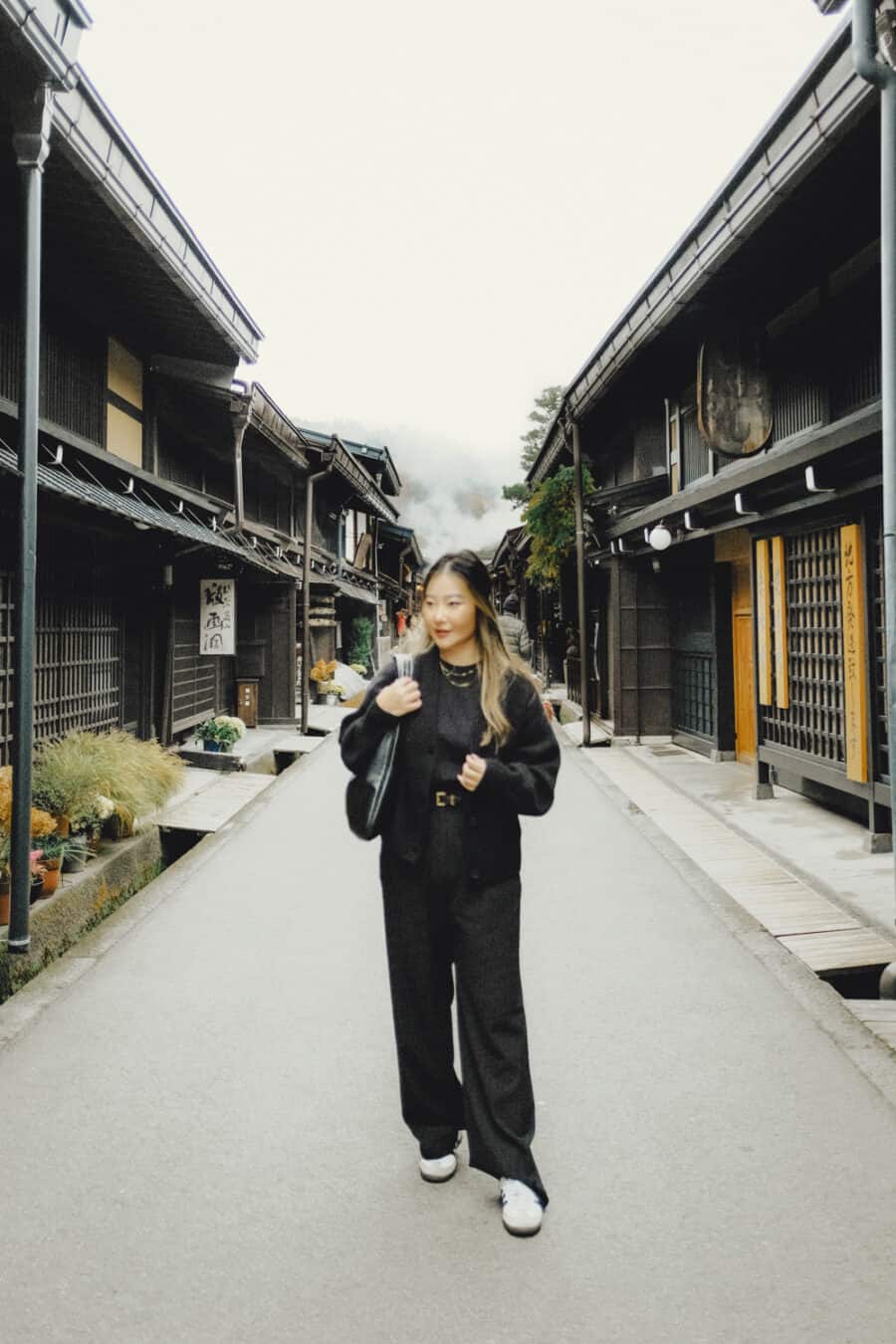
3. 美意識の深さ (Bi-ishiki no fukasa) – Depth of Aesthetic Sense
This phrase signifies the profound awareness and understanding of beauty and aesthetics.
Example: The Japanese garden design showcases a “美意識の深さ” that goes beyond the surface, reflecting the profound connection between nature and human expression.
Why it’s a beautiful Japanese word: This phrase encapsulates the notion that true beauty requires a deeper perception and appreciation, transcending superficial appearances.
Sentence: 彼の作品には美意識の深さが感じられます。 (Kare no sakuhin ni wa bi-ishiki no fukasa ga kanjiraremasu.) – His works convey a depth of aesthetic sense.
4. 花の美 (Hana no bi) – Beauty of Flowers
This phrase represents the exquisite beauty found in flowers, often associated with nature’s elegance.
Example: The delicate cherry blossoms embody the “花の美” that captivates people from around the world, symbolizing the transient yet profound nature of life.
Why it’s a beautiful Japanese word: This phrase celebrates the transient yet breathtaking beauty of flowers and their ability to inspire emotions and reflections.
Sentence: この庭の花の美には言葉では表しきれない魅力があります。 (Kono niwa no hana no bi ni wa kotoba de wa arawashikirenai miryoku ga arimasu.) – The beauty of the flowers in this garden holds a charm that words cannot fully express.
5. 美しい出会い (Utsukushii deai) – Beautiful Encounter
This phrase refers to a meaningful and impactful meeting that brings joy and inspiration.
Example: Their “美しい出会い” on a rainy day led to a lifelong friendship, demonstrating the beauty of unexpected connections.
Why it’s a beautiful Japanese word: This phrase encapsulates the magical feeling of connecting with someone in a way that enriches life and highlights the beauty of human relationships.
Sentence: 旅先での美しい出会いは、人生を豊かにするものです。 (Tabisaki de no utsukushii deai wa, jinsei o yutaka ni suru mono desu.) – Beautiful encounters during travels enrich one’s life.
6. 清楚 (Seiso) – Neatness
This term signifies cleanliness, tidiness, and an overall sense of purity in appearance and demeanor.
Example: Her “清楚” attire and impeccable manners at the formal event left a lasting impression on everyone present.
Why it’s a beautiful Japanese word: “清楚” reflects the beauty in simplicity and the elegance of maintaining a pristine and orderly presence.
Sentence: 彼女の清楚な容姿は、人々の心を引きました。 (Kanojo no seiso na yōshi wa, hitobito no kokoro o hikimashita.) – Her neat appearance captured the hearts of people.
7. 瑞々しい (Mizumizushii) – Freshness
This term describes something that is vivid, vibrant, and full of life, often referring to the newness and vitality of nature.
Example: The “瑞々しい” greens of the forest after a rainstorm are a sight to behold, showcasing nature’s resilience and beauty.
Why it’s a beautiful Japanese word: “瑞々しい” captures the beauty of renewal and the invigorating feeling of encountering something bursting with vitality.
Sentence: 早朝の庭の花々は瑞々しさが溢れていました。 (Sōchō no niwa no hanabana wa mizumizushisa ga afureteimashita.) – The flowers in the garden in the early morning were brimming with freshness.
8. 美酒 (Bishu) – Fine Wine
This term refers to high-quality, exquisite, and delicious alcoholic beverages like wine.
Example: The aged red wine they shared during the celebration was truly a “美酒,” its rich flavors dancing on their palates
Why it’s a beautiful Japanese word: “美酒” exemplifies the refined pleasure that comes from savoring something carefully crafted and aged, evoking sensations of luxury and delight.
Sentence: このヴィンテージワインの豊かな風味は、まさに美酒の極みです。 (Kono vuintēji wain no yutaka na fūmi wa, masa ni bishu no kiwami desu.) – The rich flavors of this vintage wine are truly the pinnacle of fine wine.
9. 美食 (Bishoku) – Fine Cuisine
This term denotes exceptional, gourmet, and artfully prepared food that is beautiful both the palate and the eyes
.Example: The multi-course kaiseki meal was not just a feast for the stomach but also a celebration of “美食” that showcased the chef’s creativity.
Why it’s beautiful Japanese word: “美食” reflects the artistry of culinary creation, turning ingredients into masterpieces that delight multiple senses.
Sentence: この料理は、見た目も美しく、味わいも豊かで、まさに美食の一例です。 (Kono ryōri wa, mitame mo utsukushiku, ajiwai mo yutaka de, masa ni bishoku no rei desu.) – This dish is a prime example of fine cuisine, both visually appealing and rich in flavor.
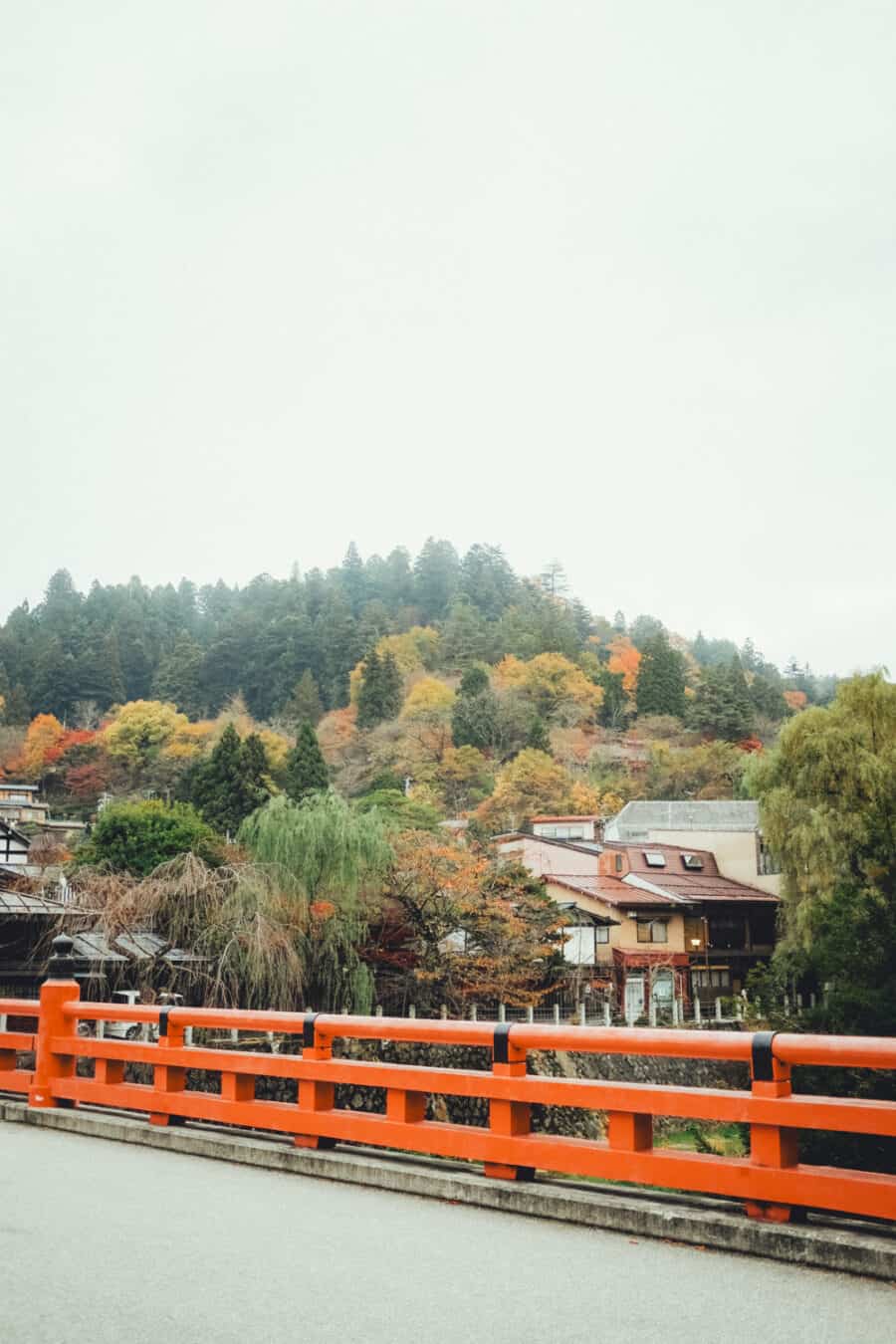
10. 美徳 (Bitoku) – Virtue
This beautiful Japanese term represents moral excellence, goodness, and qualities that are admired and respected.
Example: Her unwavering honesty and compassion reflect her commitment to upholding “美徳” in her interactions with others.
Why it’s a beautiful Japanese word: “美徳” highlights the inner beauty of a person’s character, emphasizing qualities that inspire admiration and contribute positively to the world.
Sentence: 彼の美徳は、彼の周りの人々に深い尊敬をもたらしています。 (Kare no bitoku wa, kare no mawari no hitobito ni fukai sonkei o motarashiteimasu.) – His virtues command deep respect from those around him.
11. 優しい (Yasashii) – Gentle
This term conveys a sense of kindness, tenderness, and softness in both actions and demeanor.
Example: His “優しい” smile and soothing words were like a warm embrace, comforting her during difficult times.
Why it’s beautiful: “優しい” captures the beauty of compassion and the comfort that comes from gentle gestures and caring expressions.
Sentence: 彼の優しい言葉は、心にやすらぎをもたらしました。 (Kare no yasashii kotoba wa, kokoro ni yasuragi o motarashimashita.) – His gentle words brought peace to the heart.
12. 愛らしい (Airashii) – Adorable
This term describes something cute, charming, and endearing, often evoking feelings of affection.
Example: The “愛らしい” kittens playing in the garden captured the attention of everyone passing by, bringing smiles to their faces.
Why it’s beautiful: “愛らしい” highlights the beauty of innocence and the joy that comes from encountering something irresistibly charming.
Sentence: 彼女の愛らしい笑顔は、どんな人も心温まるものです。 (Kanojo no airashii egao wa, donna hito mo kokoro atatamaru mono desu.) – Her adorable smile warms the hearts of everyone.
13. 美麗 (Birei) – Exquisite
This beautiful Japanese word refers to something remarkably beautiful, captivating, and finely crafted.
Example: The “美麗” artwork showcased at the gallery left visitors in awe, each detail and brushstroke adding to its splendor.
Why it’s beautiful: “美麗” emphasizes the meticulous attention to detail and the extraordinary level of artistry that goes into creating something truly exceptional.
Sentence: この彫刻の美麗なデザインは、芸術の力強さを表しています。 (Kono chōkoku no birei na dezain wa, geijutsu no chikaradzuyosa o arawashiteimasu.) – The exquisite design of this sculpture showcases the strength of artistry.

14. 和の美 (Wa no bi) – Japanese Aesthetic
This phrase embodies the traditional beauty and cultural values unique to Japan.
Example: The minimalist design of the tea room reflects the essence of “和の美,” creating an environment of tranquility and harmony.
Why it’s beautiful: “和の美” captures the beauty of balance, simplicity, and the seamless integration of nature and human creations.
Sentence: この庭園は、和の美を完璧に表現しています。 (Kono teien wa, wa no bi o kanpeki ni hyōgen shiteimasu.) – This garden perfectly embodies the beauty of Japanese aesthetics.
15. 美意識 (Bi-ishiki) – Aesthetic Sense
This term signifies a heightened awareness and appreciation of beauty in all its forms.
Example: Her “美意識” allowed her to find beauty even in the mundane, transforming everyday moments into extraordinary experiences.
Why it’s beautiful: “美意識” reflects the ability to perceive beauty in the world around us, enriching life through the appreciation of the small and subtle.
Sentence: 彼の美意識の高さは、彼の作品に鮮やかに表れています。 (Kare no bi-ishiki no takasa wa, kare no sakuhin ni azayaka ni arawareteimasu.) – His heightened aesthetic sense vividly manifests in his works.
16. 音楽美 (Ongaku bi) – Musical Beauty
This term describes the captivating beauty found in music and its power to evoke emotions.
Example: The “音楽美” of the symphony moved the audience to tears, as each note conveyed a story of its own.
Why it’s beautiful: “音楽美” captures the profound impact that music has on the human spirit, transcending language and touching the heart.
Sentence: そのピアノの演奏は、まさに音楽美の極致でした。 (Sono piano no ensō wa, masa ni ongaku bi no kyokuchi deshita.) – The piano performance was truly the epitome of musical beauty.
17. 美の神秘 (Bi no shinpi) – Mystery of Beauty
Another beautiful Japanese phrase. The Japanese phrase refers to the enigmatic and awe-inspiring aspect of beauty that sparks curiosity and wonder.
Example: The painting’s ethereal quality and intriguing symbolism embody the “美の神秘,” leaving viewers pondering its hidden meanings.
Why it’s beautiful: “美の神秘” encapsulates the allure of beauty that elicits introspection and encourages exploration of deeper layers of meaning.
Sentence: この詩の言葉には、美の神秘が秘められています。 (Kono uta no kotoba ni wa, bi no shinpi ga himerareteimasu.) – The words of this poem hold the mystery of beauty within them.
18. 美しい心 (Utsukushii kokoro) – Beautiful Heart
This beautiful Japanese phrase refers to the inner beauty of a person’s character, kindness, and goodness.
Example: Her “美しい心” shone through her actions, as she consistently went out of her way to help others without expecting anything in return.
Why it’s beautiful: “美しい心” underscores the significance of inner qualities that radiate outward, making the world a better place through kindness and empathy.
Sentence: 彼の美しい心は、周りの人々に感銘を与えました。 (Kare no utsukushii kokoro wa, mawari no hitobito ni kanmei o ataemashita.) – His beautiful heart left a deep impression on those around him.
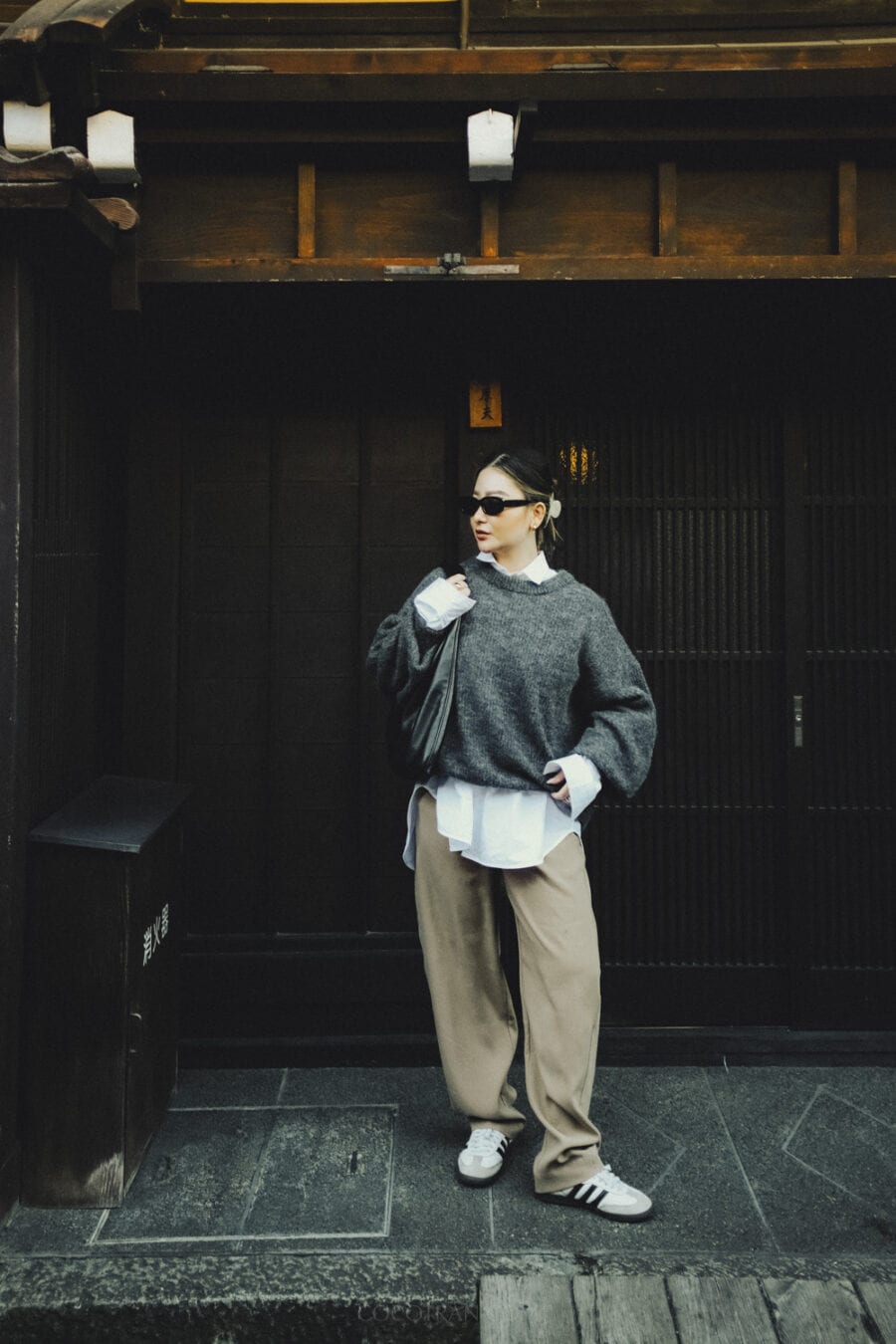
19. 美しい未来 (Utsukushii mirai) – Beautiful Future
This beautiful Japanese phrase represents the optimism and hope for a future filled with beauty, positivity, and possibilities.
Example: The children’s dreams and aspirations represent the potential for a “美しい未来,” where their efforts create positive change.
Why it’s beautiful: “美しい未来” encapsulates the power of hope and the belief that through our actions, we can shape a future full of promise.
Sentence: 若者たちの情熱が、美しい未来を築く源になっています。 (Wakamono-tachi no jōnetsu ga, utsukushii mirai o kizuku minamoto ni natteimasu.) – The passion of the youth serves as the wellspring for building a beautiful future.
20. 美しい微笑み (Utsukushii hohoemi) – Beautiful Smile
This beautiful Japanese phrase describes a warm, genuine, and captivating smile that reflects inner happiness.
Example: Her “美しい微笑み” lights up the room, spreading joy and positivity to everyone fortunate enough to see it.
Why it’s beautiful: “美しい微笑み” embodies the beauty of human connection, as a smile has the power to uplift spirits and brighten moments.
Sentence: 彼の美しい微笑みは、どんな日も私の元気の源です。 (Kare no utsukushii hohoemi wa, donna hi mo watashi no genki no minamoto desu.) – His beautiful smile is the source of my energy on any given day.
21. 美人 (Bijin) – Beautiful Person (referring to a woman)
This Japanese word refers to a woman of exceptional beauty, both in appearance and character.
Example: She was not only a “美人” on the outside, but her kindness and intelligence made her even more captivating.
Why it’s beautiful: “美人” encapsulates the admiration that comes from being in the presence of someone whose beauty radiates from within.
Sentence: 彼女はその場にいるだけで、まるで映画の中の美人のようです。 (Kanojo wa sono ba ni iru dake de, maru de eiga no naka no bijin no yō desu.) – She seems like a character from a movie just by being there, truly a beautiful woman.
22. 美姿 (Bisai) – Beautiful Figure
This Japanese word highlights a person’s graceful and elegant physical appearance.
Example: As a dancer, her “美姿” onstage captivated the audience, showcasing her strength and poise.
Why it’s beautiful: “美姿” accentuates the aesthetic appeal of a person’s posture and movements, exemplifying the harmony of the human form.
Sentence: 彼女の美姿は、その場の空気を一変させました。 (Kanojo no bisai wa, sono ba no kūki o ichihen sasemashita.) – Her beautiful figure transformed the atmosphere of the place.
23. 美肌 (Bihada) – Beautiful Skin
This Japanese word refers to smooth, flawless, and radiant skin.
Example: The skincare routine she followed diligently contributed to her “美肌,” making her complexion glow.
Why it’s beautiful: “美肌” signifies the care and attention dedicated to maintaining healthy skin, contributing to overall well-being.
Sentence: 彼女の美肌は、年齢よりも若々しさを引き立てています。 (Kanojo no bihada wa, nenrei yori mo wakawakashisa o hikitateteimasu.) – Her beautiful skin highlights her youthfulness more than her age.
24. 美容 (Biyō) – Beauty Care
This Japanese word encompasses practices and products that enhance one’s physical appearance and well-being.
Example: The spa offers a range of “美容” treatments that promote relaxation and rejuvenation.
Why it’s beautiful: “美容” reflects the dedication to self-care and the pursuit of enhancing one’s natural beauty.
Example: The “美食” presented at the upscale restaurant was a culinary journey that delighted the senses.
25. 美術 (Bijutsu) – Fine Arts
This beautiful Japanese word encompasses various forms of visual arts that emphasize aesthetics and creativity.
Example: The museum’s collection showcases a diverse range of “美術” works, each a masterpiece in its own right.
Why it’s beautiful: “美術” represents the power of human expression through art, allowing us to perceive and appreciate the world differently.
Sentence: 彼の美術作品は、感情と魂がその中に詠み込まれているようです。 (Kare no bijutsu sakuhin wa, kanjō to tamashii ga sono naka ni yomikomareteiru yōdesu.) – His works of art seem to hold emotions and soul within them.


